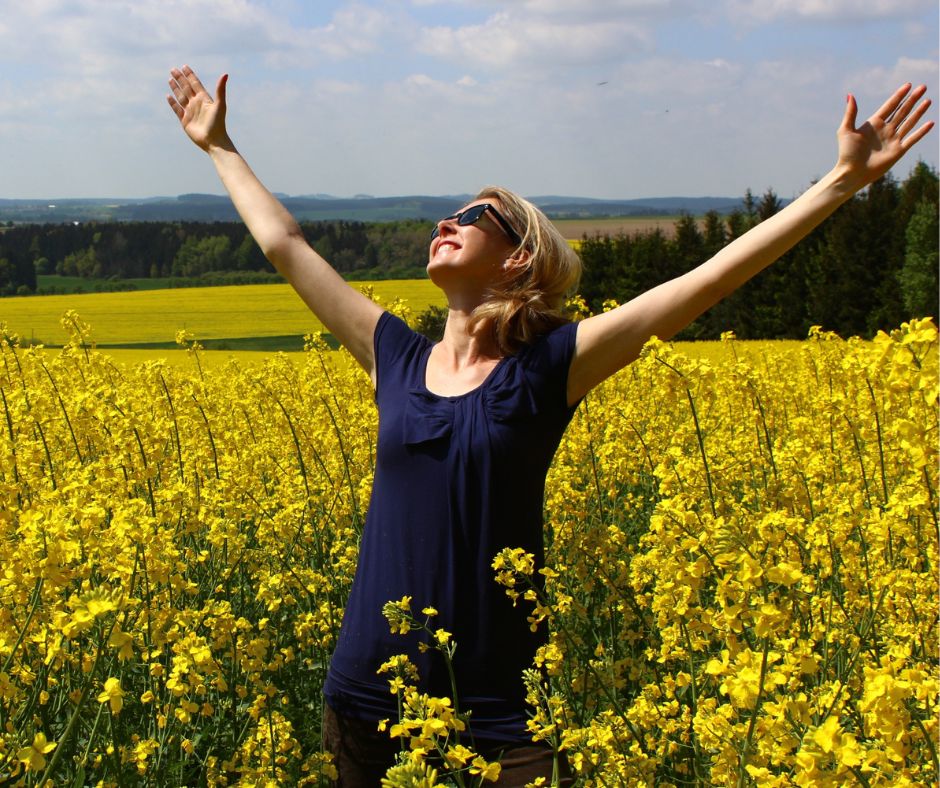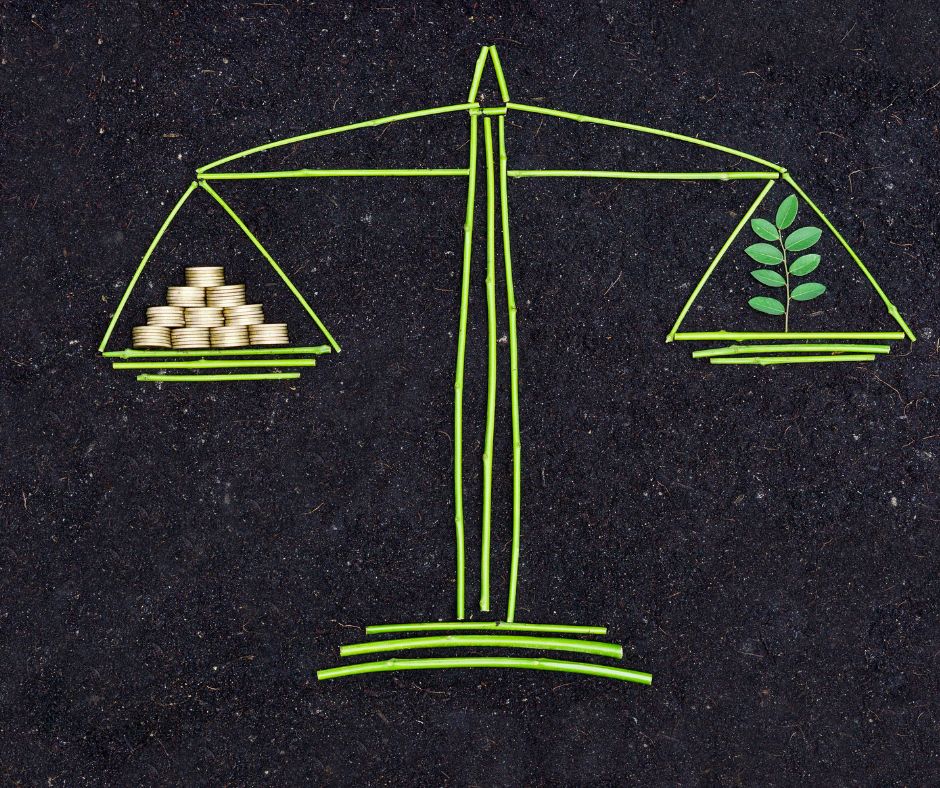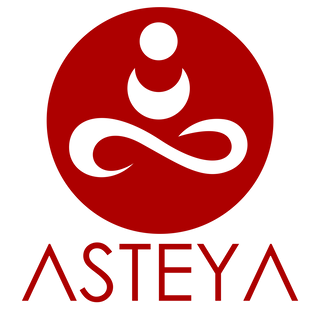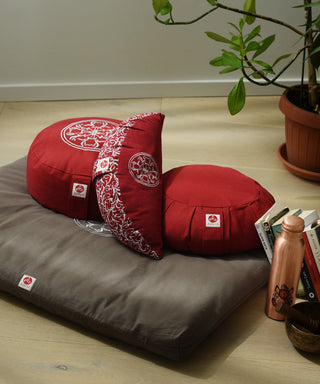The story of Asteya,life begins with our quest to give a name to our own collection of yoga products and accessories, in line with our principles.
Among the 5 yamas (social ethics) postulated in the yogic tradition, Asteya resonated the most with what we are and do.
Through a direct translation from Sanskrit, Asteya means "not stealing." For us, this concept has much deeper implications beyond refraining from possessing something that doesn't belong to us. Upon closer examination, we discovered meanings of Asteya that made us genuinely aware of certain realities of our lives. Personal and business.
With the exploration below of the Asteya concept, we invite you to reflect on what stands out in your experience. Perhaps, some ideas, recommendations, and questions can be useful. And if it resonates with you, we look forward to your feedback at hello@asteya.life

-
Not to take what belongs to someone else. Beyond not appropriating something (objects, ideas, resources) from another person, we understand this as:
- Not to "steal" from Mother Nature, not taking what we don't need from the Earth. We take from nature only what is strictly necessary, and we take in a way that allows regeneration, cultivating a balance between what we receive and what we give.
- Practicing and promoting responsible consumption, with respect for our resources: food, time, energy, resources for future generations, the work/creation of others.
- Adopting a resilient, clean, healthy lifestyle, living balanced and sustainably, without abusing ourselves and others, our bodies, time, and the multitude of resources.
? How responsible are we, honestly, with the consumption style we practice? Taking more than we need is akin to "stealing" from what others could have.

2. Manifesting a correct moral attitude towards owning things.
-
- Being honest with ourselves and our needs, aware of real needs, and maintaining a balance between material and spiritual aspects. In fact, we need very little, and as we apply Asteya in our lives, we may surprisingly find a gradual reduction in unnecessary consumption.
- Being content with what we have and grateful for it. "Be content with what you have; rejoice in the way things are. When you realize there is nothing lacking, the whole world belongs to you!" - Lao Tzu
- Being aware of our desires, what we long for. Desire is at the center of understanding the concept of Asteya. Examining our desires may reveal unhealthy attachments.
? Maybe accumulating objects fills an emotional or spiritual void. Asking ourselves why we want something/someone and what we actually need may provide insight. Mahatma Gandhi beautifully explains the above idea: "We are not always aware of our real needs, and most of us give them far too much importance; and thus, unconsciously, we become thieves."

3. Manifesting empathy and compassion towards other people.
- Not hurting someone by taking what belongs to them.
- Not interacting with others from a space of jealousy for what they have.
- Being aware of our needs and choices without causing suffering to others.
- Cultivating gratitude and joy for being, growing, and thriving together with others in a community.
- Not judging or criticizing others, as it steals their trust, enthusiasm, and energy.
? On a scale of 1 to 10, how compassionate can you be towards your fellow beings? It's equally important to celebrate others' success and abundance and help them when things aren't going well.

- Denying or disregarding parts of ourselves, disconnecting from our own resources, inner wealth, non-material gifts, and extraordinary potential. When we lack trust in ourselves.
- Judging ourselves, being harsh with ourselves. In this case, we steal from ourselves the unlimited possibilities to develop, be curious, and step out of our comfort zone.
- Not taking care of our needs and boundaries, for example, not saying NO in situations that require it.
- Comparing ourselves to others, coveting their wealth, car, clothes, house, family, status.
- Seeking approval, opinions, validation, or pity from others without being aware of our own rich resources.
? What are your hidden treasures? If there were no obstacles, what latent potential could you manifest more in your life? Disconnecting from ourselves makes insecurity, greed, and envy easier. Social media contributes to this. How do you think this contribution occurs?

5. In conclusion: Remaining honest, not cheating. This also translates much from our business philosophy at the online store www.asteya.life
- Not manipulating with false information and offers or top influencers endorsing based on their notoriety. We aim to collaborate with real people like you, staying stable, gentle, attentive to your needs. To thrive fairly without affecting the well-being of others.
- Not inducing artificial needs. We are here to inform you accurately about products, programs, benefits, and effects. We don't want you to buy everything from asteya.life. We want you to be informed to buy only what is beneficial for you.
- Not promising the moon. We are aware of our limitations, market limitations, limitations of the producers and suppliers we work with, marketing, distribution, and transport limitations. We do our best responsibly to serve the needs of sustainable living and responsible consumption.
- Not stealing patterns. From the beginning, we focused on our identity, intentions, and resources, as founders of Asteya. We don't want to copy business patterns; we try to find our way with a focus on our full potential. We want to support the local producer community as much as possible, people who share the same Asteya principles. And even collaborate with other stores to serve the clients better.
- Most importantly: ASTEYA means a life lived with awareness. To be aware means to choose healthy responses for yourself and others; not to repeat old, automatic patterns/reactions. Choosing to respond in an assumed way means freedom. The freedom to live your life differently!
Yoga can help you observe these unhealthy patterns and behaviors. It can teach you to be content and grateful for what you have, both external things and internal aspects. Practice without rushing, without stealing attention from yourself and the present moment! Settle into each posture, stay with all the sensations that arise! Without comparing yourself to others! Not even with yourself! Observe the senses, breath, bodily sensations, thoughts, and emotions as they are, without wanting to change anything.
Deborah Adele provides a comprehensive perspective on the term: "Asteya means to stop making ourselves smaller or larger than we are, trying to be something we are not, or hiding from what we are. Often it is difficult to know where to draw the line when the experience is overwhelming. Yoga beautifully addresses this dilemma: gather all the resources you need to serve in the best possible way in the world! No more, no less. In other words, we are asked to walk a fine line between stealing from others and stealing from ourselves. If we take more than we need in any area of our lives, we steal from others. If we deny ourselves the resources we need to reach our full potential, we steal from ourselves."
Remember all this when using the Asteya products! Train your body, mind, and soul in the spirit of Asteya! Have a full and profound relationship with life, letting it fulfill through your heart!
Thank you for being curious of Asteya!
Judit and Lucian Hardaut

